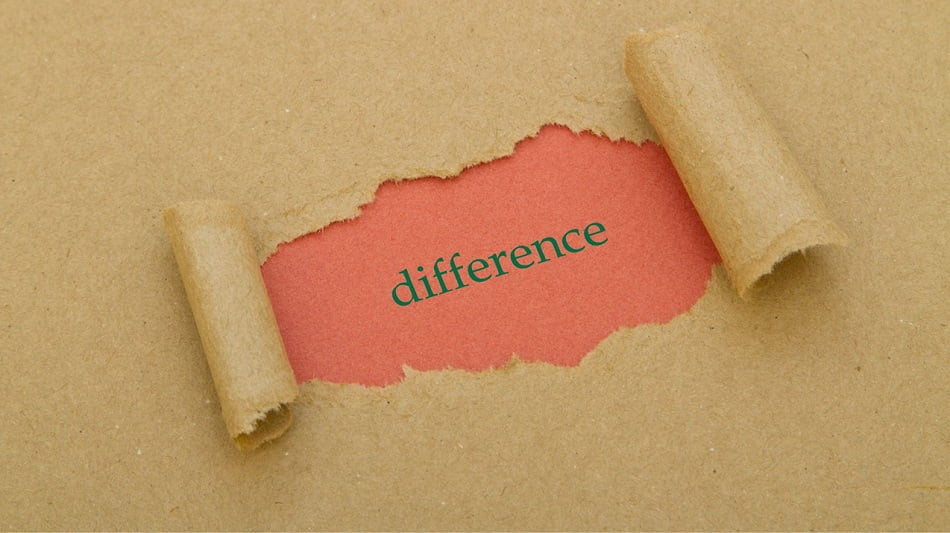Are you thinking of replacing your old boiler but can’t decide which type to buy? The two main types of boilers are combination (combi) boilers and condensing boilers. Both types of boilers provide efficient hot water, but there are some important differences that you should consider before making a purchase. In this article, we’ll take a look at the differences between a combi and condensing boilers, so you can decide which one is right for your home.
What is a Combination Boiler?
A combination (or combi) boiler is a type of heating system that provides both hot water and central heating without the need for a separate hot water cylinder. It is made up of two main components – the boiler unit and a control panel – connected together to provide efficient on-demand hot water and heating. The main benefit of a combination boiler is that it takes up less space in your home, as all the components are combined into one unit.
What is a Condensing Boiler?
A condensing boiler is a type of heating system that uses advanced condensation technology to extract heat from the flue gases of a boiler. This means that it is more efficient than traditional boilers, as it is able to capture more of the heat from the fuel consumed. The condensing boiler has two main components – the boiler unit and a flue – and works by capturing the heat from the flue gases that would normally be released into the atmosphere.
Differences Between Combination and Condensing Boilers
The key difference between a combination and condensing boilers is in the way they extract heat from the fuel. Combi boilers extract heat directly from the water passing through it while condensing boilers extract heat from the flue gases created by burning fuel. This means that condensing boilers are more efficient than combi boilers, as they can capture more of the heat from the fuel consumed. But at the same time, condensing boilers are more complex and require a separate flue system, which takes up more space.
Additionally, condensing boilers tend to be more expensive than combi boilers, which makes them a better option for larger homes with higher heating demands. Combi boilers are better suited to smaller homes and can provide efficient hot water without the need for a separate system. They further benefit from being easier to install and maintain and tend to be more reliable than condensing boilers. Apart from this, you may even check out combi boilers vs. system boilers so that you are introduced to more options. Remember that research is important before you decide on a type of boiler for your home.
To Conclude
When deciding which boiler is best for your home, it’s important to consider the differences between combination and condensing boilers. Also, make sure to seek boiler maintenance in Elmhurst so that you can ensure that your boiler is in good condition before and after installation. This way, you can be sure that the boiler you choose will provide efficient and reliable heating for years to come.


















